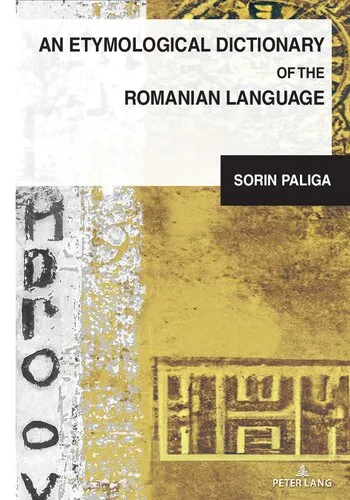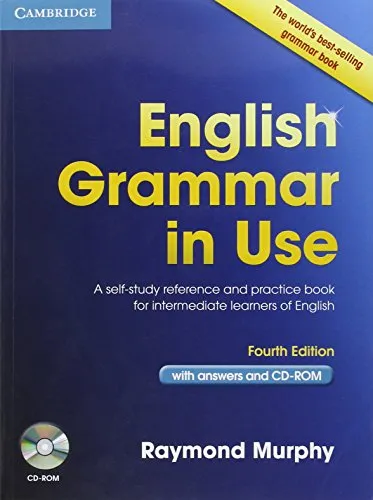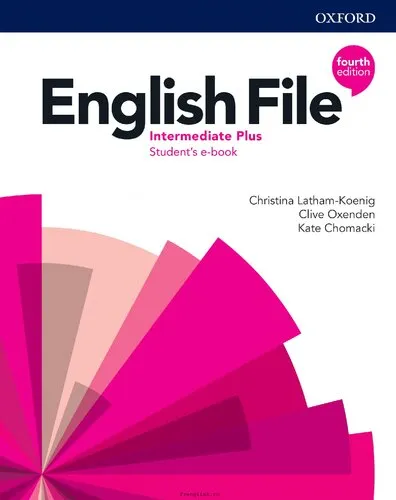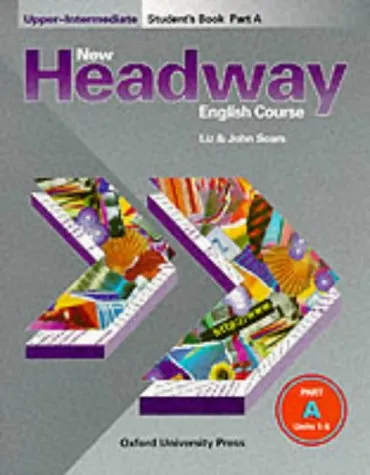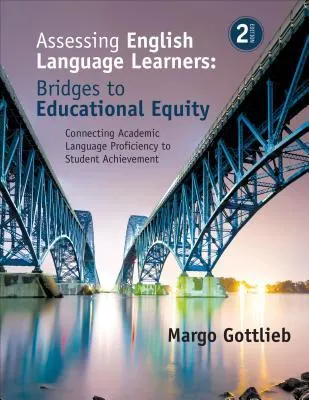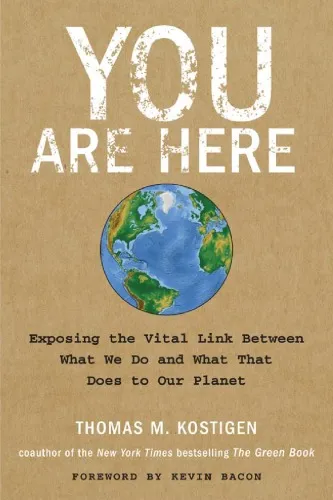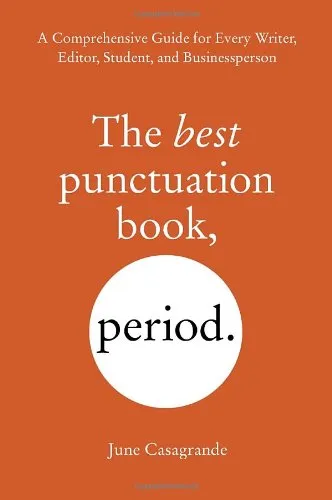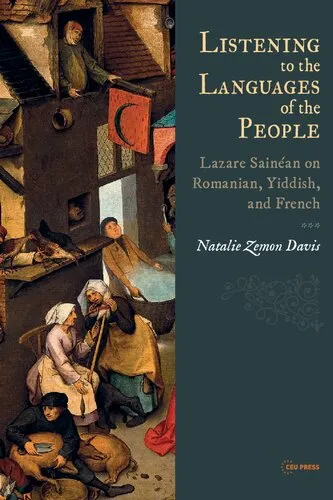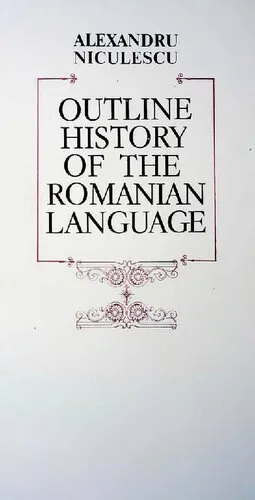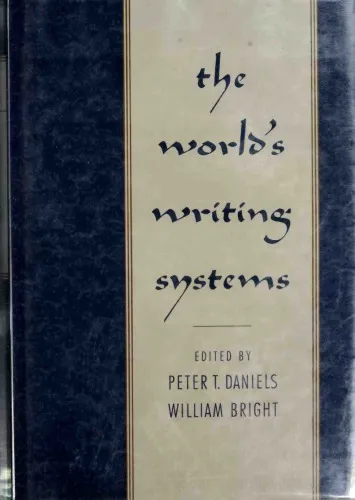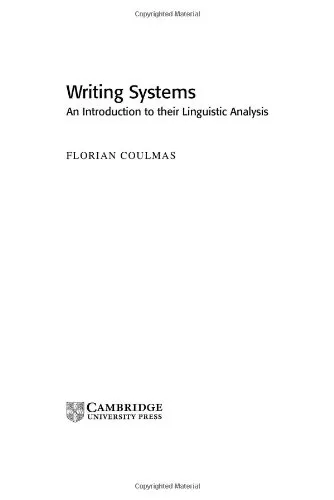An Etymological Dictionary of the Romanian Language (South-East European History, 4)
4.0
Reviews from our users

You Can Ask your questions from this book's AI after Login
Each download or ask from book AI costs 2 points. To earn more free points, please visit the Points Guide Page and complete some valuable actions.Related Refrences:
Introduction to "An Etymological Dictionary of the Romanian Language"
The Romanian language, with its rich textures and deep historical roots, stands as one of the most fascinating components of South-East European heritage. This book, An Etymological Dictionary of the Romanian Language, authored as part of the South-East European History series, represents a comprehensive and meticulous analysis of the origins, evolution, and intricate relationship of Romanian vocabulary with its surrounding linguistic landscapes. With the language's unique amalgamation of Latin, Slavic, Turkish, Greek, and other influences, this dictionary aims to shed light on the complexities and charm of Romanian etymology.
Designed to benefit linguists, historians, students, and anyone curious about the etymological intricacies of Romanian, this work delves deep into the origins of words, their transformations over centuries, and how they mirror the historical and cultural journey of the Romanian people. From tracing Latin roots and Byzantine incursions to studying the impact of more modern borrowings, this dictionary serves as a pivotal resource for those seeking to understand not only Romanian but also the linguistic history of South-East Europe.
Detailed Summary of the Book
This book provides an alphabetically structured exploration of Romanian vocabulary, with each entry meticulously researched to highlight its origin, evolution, and contextual relevance.
Every word entry includes a detailed breakdown of its historical background, phonetic changes, morphological transformations, and comparative analysis across related languages or dialects. Special emphasis is placed on the Latin foundation of Romanian, offering insights into how certain terms survived, evolved, or merged with influences from Old Slavic, Byzantine Greek, Hungarian, Turkish, and even more modern Western European languages.
Beyond the dictionary entries, the book also explores broader linguistic phenomena, including:
- The geographical and historical factors shaping Romanian etymology.
- Borrowing patterns from neighboring languages and cultures over centuries.
- Discussions on controversial word origins and unresolved linguistic debates.
- Connections between Romanian and its closest Romance and non-Romance counterparts.
The book also offers commentary on the methodologies of etymological study, providing readers with tools to better understand how words function as carriers of culture and history. By the end, readers will gain not only a nuanced understanding of individual words but also a clearer picture of Romanian’s linguistic history in its entirety.
Key Takeaways
Whether you're a linguist, historian, or simply a curious reader, this book delivers insights that extend far beyond the Romanian language itself. Here are the key takeaways:
- Deep Historical Insights: Words are not just tools for communication—they are windows into the past. This book uncovers the historical layers embedded in Romanian vocabulary, offering glimpses into the nation's cultural and linguistic interactions over millennia.
- Interdisciplinary Relevance: By delving into language, readers also explore connections to anthropology, archaeology, and history, showcasing how language reflects the movements, alliances, and influences of South-East Europe.
- Rich Comparative Analysis: The dictionary emphasizes the interconnectedness of languages, drawing fascinating parallels between Romanian, Latin, Slavic, and other linguistic traditions.
- Practical Linguistic Tools: The discussion of etymological methodology offers invaluable knowledge to those who wish to pursue linguistic studies themselves.
Famous Quotes from the Book
This dictionary offers not just linguistic analysis but also poignant reflections on the nature of language and history. Here are a few notable excerpts:
"Language is the chronicle of a people’s soul, and etymology is its key to unlocking moments lost to the sands of time."
"To trace the journey of a word is to trace the journey of the cultures and civilizations that shaped it."
These quotes capture the passion and dedication behind this work, encapsulating its relevance for linguists and history enthusiasts alike.
Why This Book Matters
Language, as a carrier of culture and history, offers invaluable insights into the human experience. An Etymological Dictionary of the Romanian Language matters because it goes beyond cataloging words; it illuminates the intricate relationships between language, history, and identity.
Romanian, as a Romance language in a predominantly Slavic region, occupies a unique position in the linguistic and cultural map of Europe. Understanding its etymological roots enables scholars and readers to grasp the complex web of interactions that shaped South-East Europe from antiquity to the modern day.
This book also serves as an essential resource for preserving linguistic heritage. In a world where globalization often threatens the survival of smaller languages or regional dialects, such works ensure that these linguistic treasures remain studied, understood, and appreciated for generations to come.
By bridging the gap between Romanian's Latin roots and the diverse influences it has absorbed, this dictionary enriches our understanding of the dynamics of cultural exchange and linguistic evolution. In doing so, it serves not only those interested in Romanian language and culture but also anyone intrigued by the broader narratives of European history.
Free Direct Download
You Can Download this book after Login
Accessing books through legal platforms and public libraries not only supports the rights of authors and publishers but also contributes to the sustainability of reading culture. Before downloading, please take a moment to consider these options.
Find this book on other platforms:
WorldCat helps you find books in libraries worldwide.
See ratings, reviews, and discussions on Goodreads.
Find and buy rare or used books on AbeBooks.
1408
بازدید4.0
امتیاز0
نظر98%
رضایتReviews:
4.0
Based on 0 users review
Questions & Answers
Ask questions about this book or help others by answering
No questions yet. Be the first to ask!
